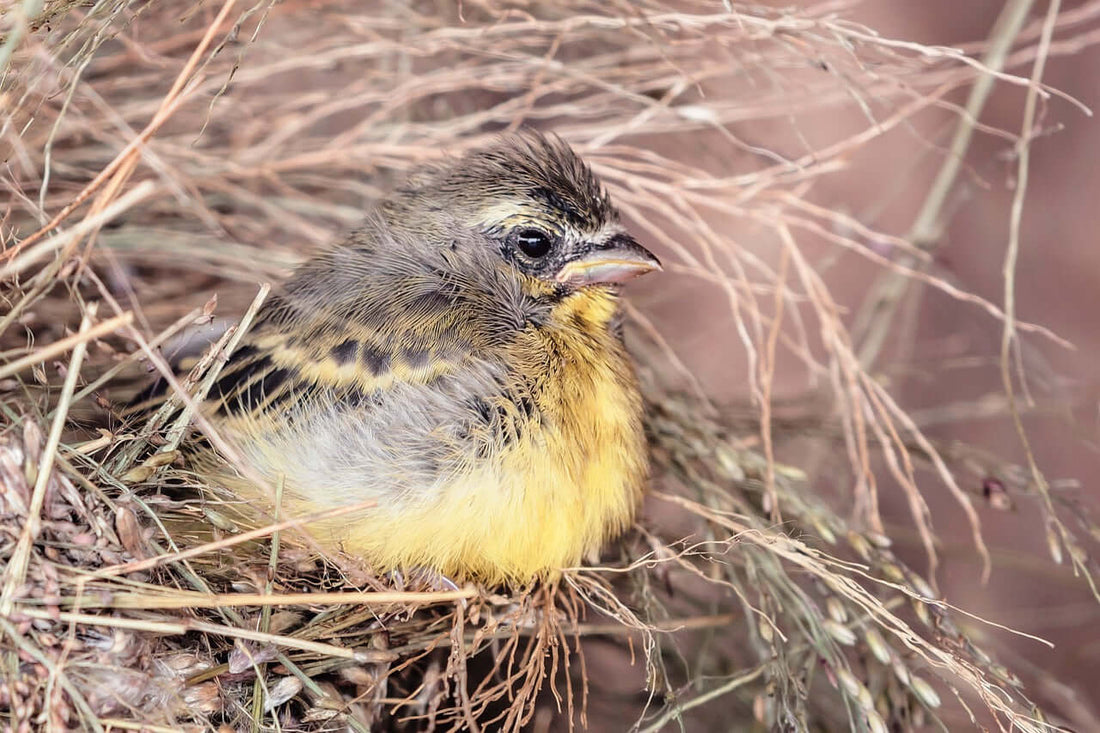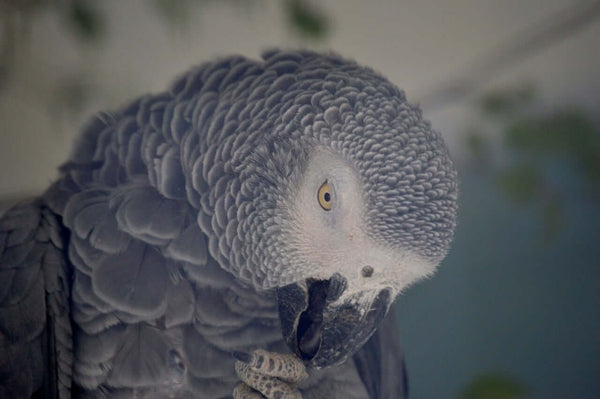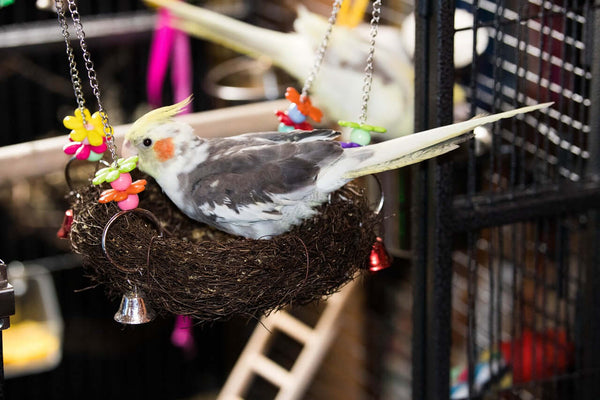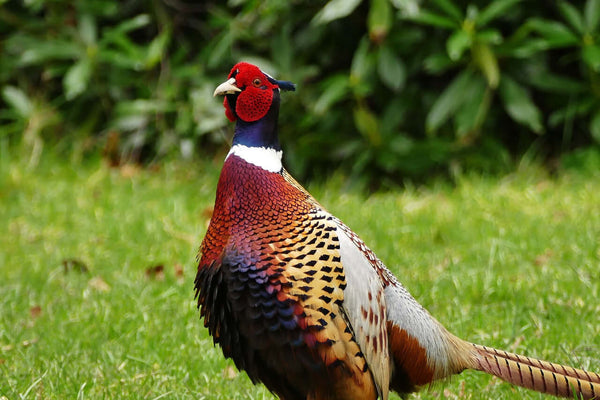Welcoming a new generation of canaries into your home is an exciting and rewarding experience that requires attention to detail and a nurturing touch. Rearing young canaries involves creating a conducive environment for their growth and ensuring their nutritional and emotional needs are met. Here are some essential tips to help you navigate the journey of caring for these vibrant birds;
Shop the full range of Cage and Aviary bird food.

- Nesting Area: Begin by setting up a comfortable and secure nesting area for the canaries. Invest in a suitable nest pan, lined with soft nesting material to mimic the cosy atmosphere of their natural habitat. This provides a safe space for the canaries to lay and incubate their eggs.
- Nutrition: A well-balanced diet is crucial for the health of both parent and offspring. Ensure your canaries receive a varied diet consisting of high-quality seeds, fresh fruits, and vegetables. Also Haith's Rearing & Conditioning Food can be introduced to help reduce egg binding. Consider incorporating a calcium supplement to support the development of strong bones in the growing chicks.
- Temperature and Humidity: Maintain a stable environment with a temperature range of 65-75°F (18-24°C) and humidity levels around 40-60%. Mimicking their native climate helps create an optimal setting for successful breeding and the healthy development of young canaries.
- Parental Care: If the canaries are with their parents, allow them to take an active role in caring for their young. Minimize disturbances and provide a stress-free environment to encourage natural parenting behaviours. This includes observing the feeding and bonding rituals between parent and chick.
- Monitoring Health: Regularly monitor the health of both parents and chicks. Keep an eye out for signs of distress, changes in behaviour, or any abnormalities in the chicks' physical development. If you have any concerns, consult with an avian veterinarian for professional guidance.

By providing a nurturing atmosphere and attending to their specific needs, you can witness the joyful journey of young canaries growing into vibrant, singing members of your avian family. With patience and care, you'll create a harmonious environment where these feathered companions can thrive and bring joy to your home.

Written by Angela.






1 comment
First ever canary babies (3) born March 16 & 17 of this year. Very healthy but Mama is getting sick of them chasing her around. She is also spending a lot of her time building up her nest again even though Dad is in another cage right next door (he might have mated with her before I got him out of the cage though!) Baby birds are as big as Mama and eating all food on their own but still try to get Mama to feed them too. I do not have room for another cage as I also have finches and its getting too crowded in here! When can I give or sell the babies? When is it safe? Thank you!